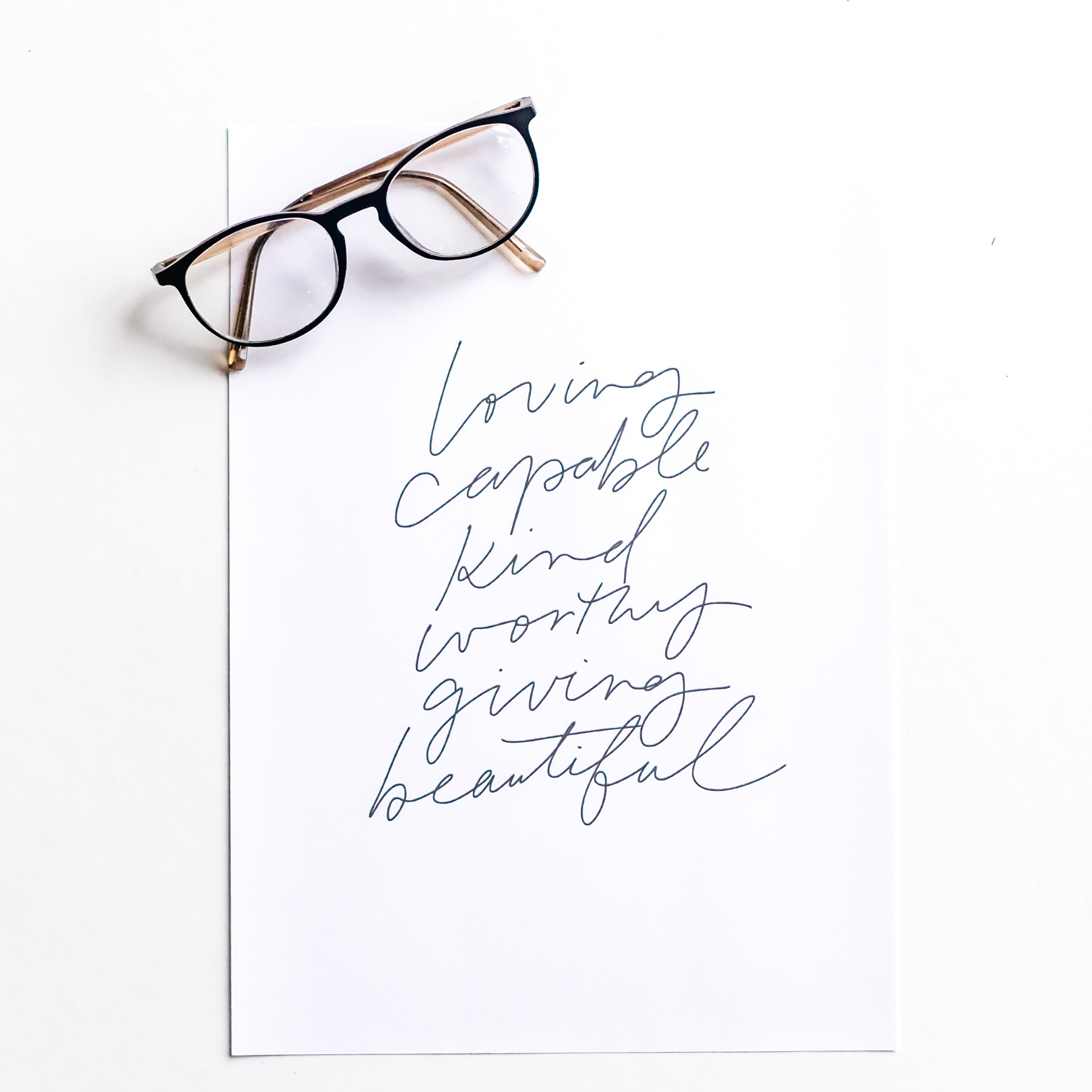
Nikotin, Alcohol & Drug Addictions
(Reading time: 9 min)
These days many of us are closer to an addiction than we would like to admit. Is it because we cannot get off our phones, or have to have another cigarette or just that last glass of wine. Whatever it may be, most of us have, either directly or indirectly through friends and family, come into contact with addiction.
So what is an addition? An addiction is defined as compulsively using a substance or engaging in a behavior that provides a rewarding stimulus, despite its negative consequences. Psychological, social, environmental, biological and genetic factors are deemed to lead to an addiction but there is no consensus in the scientific literature about the importance of each factor.
Examples of addictive substances are:
- Alcohol
- Drugs (e.g. Marijuana, Cocaine, Heroin, Amphetamines)
- Nicotine
- Junk food
- Sugar
- Medication (e.g. pain killers, sleeping pills, psychotropic drugs)
Examples of addictive behaviors are:
- Gambling
- Shopping
- Sex
- Social media
- Computer gaming
- Exercising
- Cleaning
- Hoarding

The spectrum of addictive substances and behaviors is very wide but despite of that all addictions have a lot in common.
COMMON DENOMINATORS OF ADDICTIONS
Often there is a connection between addictions and the subconscious belief of not being enough, e.g. not being smart enough, intelligent enough, pretty enough or simply not worthy. That belief of not being enough creates an emptiness that pushes forward to always wanting more. The force, the drive behind an addiction is always very strong and compulsive. Furthermore, there is often a connection to feelings of helplessness, shame and guilt.
A not so well-known fact is that the actual addictive substance or behavior is nothing more than a symptom of an underlying problem. So the addiction is not the issue as such. The drug or behavior is a substitute for directly dealing with a situation, problem or a feeling. It is a vehicle to move away from pain towards pleasure, away from a bad feeling towards a good one, actually something your mind always wants to do. The person suffering from an addiction does not have or know or see a better or more direct way to achieve pleasure other than using the addictive substance or behavior.

Hence also the saying: 'Drugs are for people who cannot deal with reality.' And this is exactly what I experience with my clients. Life is too painful a place to be, so they escape into a ‘better’ world, a world in which they can forget their pain, at least for a little while.
If you are in such a situation it is very important to realize that the addiction currently serves a role in your life. It has an important function you cannot fulfill yourself, just yet.
This is probably a completely different point of view than what you might have heard in the past. The addiction is not something to fight. It wants to tell you something about yourself. It wants to show you a problem area in your life, an area you urgently need to look at and by looking at it, understanding and resolving it, you will become free from your addiction. At this point the addictive substance or behavior will lose its role in and its power over your life.
This is what I would like to help you achieving. An RTT™ (Rapid Transformational Therapy™) Therapy is particularly powerful dealing with addictions because it works with the subconscious mind. That makes it very effective in identifying the underlying causes for the addiction but it also helps to establish new, powerful, life-affirming beliefs. An RTT™ Therapy can create new neural pathways that enable you to leave the old addictive behavior behind. Are you curious to find out more? Then don’t wait and book your free discovery call!
Despite being complex, you can overcome an addiction. Actually, the outlook is very positive and sometimes affected people are even surprised how easy the recovery feels once the underlying causes have become clear.
But let us shed some more light on the nature of addictions and have a look at some common myths.
COMMON MYTHS
The first myth says that addiction is a brain disease, which is very misleading, particularly as it portrays the person suffering from it as a victim, a victim of their genes or a victim of the chemical processes in their brain. This implies that you cannot do much about it.
In my experience this approach is not helpful when working with people struggling with addiction. What is needed is a sense of empowerment and a sense of being able to make changes and to turn things around.
I am a big fan of resolving an issue because I understand it. And that is exactly what I like to teach my clients: understanding the underlying issues, understanding the root cause of their addiction in order to resolve it, to heal and to become free from it.
The second myth, a variation of the first one, is that if you take a drug for a certain period you become addicted and there is pretty much nothing you can do about it because the chemical hooks in your brain are too strong. This is the mainstream opinion about addictions.

Now let us imagine that you have a large surgery. Did you know that you would be given diamorphines against the pain? Diamorphine is medically pure heroin, not the diluted version that is sold on the streets. It is commonly used in emergency, pain and cancer therapy. So back to our little story, according to common belief you would become a heroin addict straight away. But of course, your doctor did not tell you that you get heroin so after some days you just go home and recover and of course you will not be addicted and you do not have any withdrawal symptoms.
Let us take another example. Soldiers in war situations take drugs to be able to deal with the horrific situations they are confronted with. For example, in WWII many German soldiers used crystal meth or many America soldiers in the Vietnam war used heroin. Still, when they returned home the great majority of them did not have an addiction problem.

Those examples show that there must be more behind addiction than just a chemical reaction in the brain. Johann Hari (I encourage you to watch his TED talk) argues that it all depends on the social network, the environment, the relations and bonds a person has. If this social network has a healthy level, a temporary exposure to a drug does not seem to be an issue, because the person wants to be present for their social network. However, if such a network does not exist, if he or she cannot bear to be present in life, it is very likely that the person gets addicted. Hari therefore concludes ‘The opposite of addiction is connection.’
The human need to bond has to be satisfied and if that is not possible with healthy relationships, a substance or behavior has to be used instead. In today’s society, with a growing level of dis-connection, this is harder than ever. Not surprisingly all sorts of addictions are on the rise.
Let us have a look at a third myth: addicts are different. They are weak people without any will power and they would just need to pull themselves together. Wrong! They are people like you and I.
If you suffer from an addiction there is no need to feel different. The addiction is just a symptom of an underlying psychological problem or issue. And honestly, we all have some issues to work on but not for everyone these result in an addiction. In fact, the symptoms of psychological problems are different for everyone. For some the symptom might be an allergy, a dermatitis, depression or anxiety, IBS (Irritable Bowel Syndrome), a chronic headache or migraines. Nobody would conclude that you do not have will power because you suffer from a psychosomatic skin issue. So, I think it is important to stop judging people with addictions. They are not addicted out of a personal choice. Their addiction is just a manifestation of an underlying issue.
Realizing this is so empowering because once you investigate and identify the underlying cause you are already on your way to recovery. This is also why the RTT™ Therapy is so powerful and can be applied for such a wide array of issues: it does not stop at the symptom level but goes deep to identify and resolve the underlying problem. In addition, it does not require willpower, but uses the power of your mind.

If you would like to talk to me and find out more about my therapy, do not hesitate and book your free discovery call today.
TAKE A FIRST STEP - CHANGE YOUR LANGUAGE
Your mind is very powerful and when working with it, the language you use is of critical importance. Your mind listens to the things you say (aloud or just in your head) and the pictures you see or create in your mind. It does not critically assess what you say, considering whether it is good for you or not. Therefore, you have to be very careful how you talk about yourself and the addictive substance or behavior. Here are a couple of suggestions:

- Most importantly, never call yourself an ‘addict’. I know that is contrary to what you learn at AA but I tell you why this is not helpful. By labelling yourself you are limiting yourself. You are a human being. Addiction does not define you! It is just a symptom and you are so much more than the symptom.
- As a next step, never call it ‘my’ addiction. ‘My’ is a very strong word for your mind. Actually, you would rather be without it, so it is better to call it neutrally ‘the’ addiction.
- Your mind does not like contradictions. Therefore, never say ‘I love sugar but I cannot have it because I need to lose weight.’ With that statement your mind is confused. If you love it surely you must have it. Not exactly what you want.
- Another example: ‘I would die for a cigarette.’ No you would not! This is not a helpful language and it gives the wrong suggestions to your mind. You have to be very clear, e.g. ‘I could have a cigarette now, but I chose not too because I want to do something good for my health.’
- Watch your self-talk: become very conscious about how you talk with yourself. Is it kind and loving like ‘Do not worry, it will not always be like this. I am sure I will find a way out of the addiction.’ or are you nasty and judgmental like ‘You are a complete loser. You will never get off the alcohol.’? Try to talk with yourself as you would with a good friend. It seems a minor thing but it will make a huge change over time.
A GREAT OPPORTUNITY
I know this might sound strange, but an addiction can be a great opportunity to heal your biggest emotional wounds. Healing the addiction will always address the main problems and issues in your life and therefore holds the opportunity for an amazing transformation. When you resolve the underlying issues, the addiction will lose its job and you will find peace and tranquility. You will grow as a person and get to know yourself better.
Be courageous and take that chance! Learn to be kind and loving with yourself and develop a much deeper understanding of your life.

If you like what you read, please also check out my article on Fighting Addiction here.